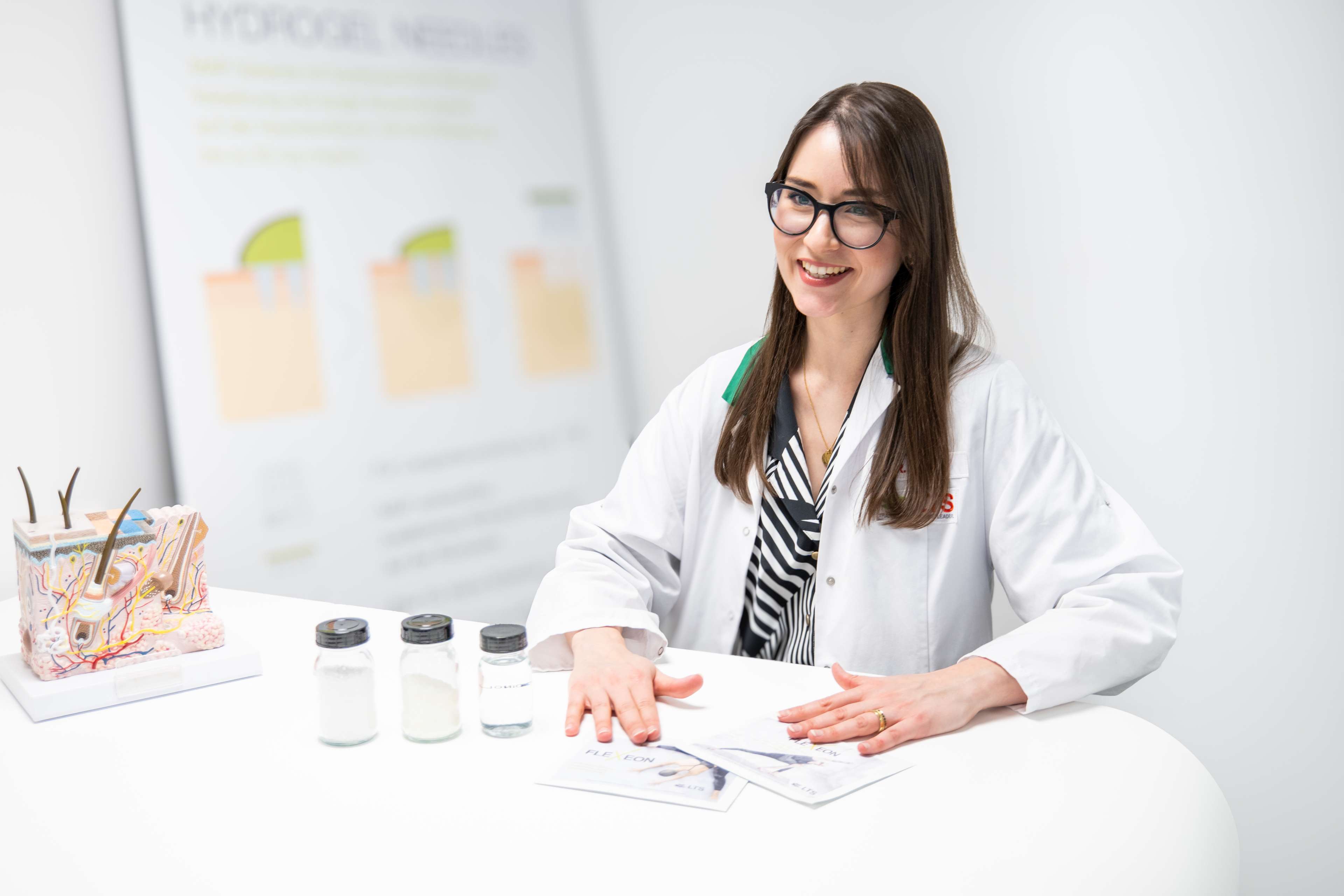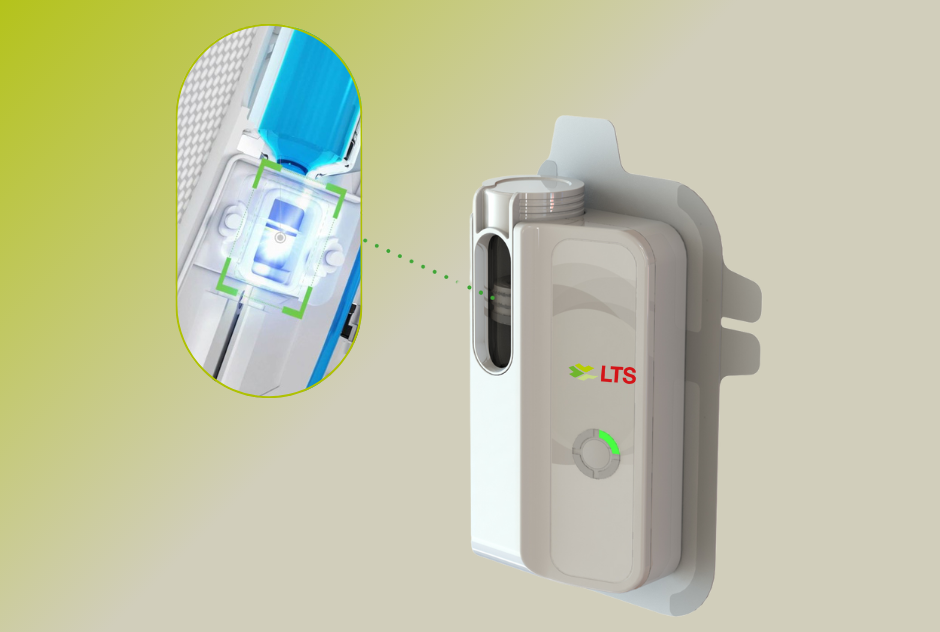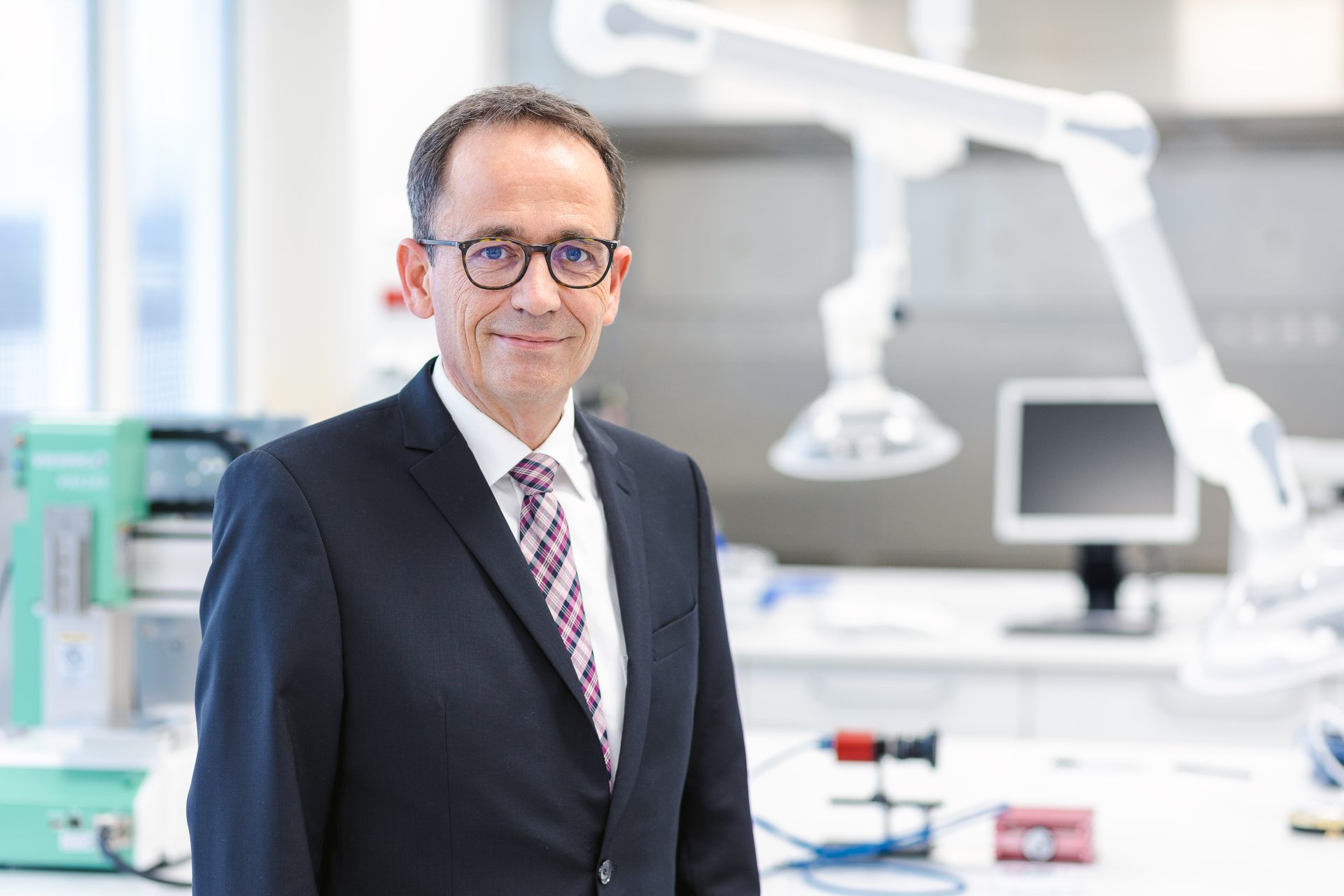
Ways in which we can help you manage anxiety levels in the development of your mental disorder therapies.
We Care. We Create. We Deliver. A purpose that drives everything we do in enabling patient wellbeing and supporting partner innovation.
One focus area for new therapeutic opportunities is in mental disorders. The topic of mental health has spent an increasing amount of time in the spotlight over the past year, given the levels of anxiety and stress so many have been forced to endure.
Imagine then, the scenario for patients suffering from a life changing mental disorder such as schizophrenia, where having to contend with the terrifying prospect of hallucinations, delusions, loneliness and fear, forms part of a daily life-debilitating reality, often with little sign of an endpoint in sight.
In the case of mental disorders, there are a variety of barriers that come between patients and successful treatment outcomes. Indeed, the proportion of schizophrenia patients likely to meet the criteria for recovery is estimated to be just 1 in 7.
Factors such as substance abuse and comorbid psychiatric disorders play their part in influencing this statistic, but poor outcomes are most likely to be related to issues around access to treatment, engagement in ongoing care, treatment response, and poor adherence.
Non-adherence is related to a wide variety of factors among patients on anti-psychotic drugs. These include cognitive impairment, poor levels of self-awareness or the perceived stigma of a mental health diagnosis. Other patients may fear unwanted side effects or simply wish to avoid injections. Whatever the reason, non-adherence impairs the ability of healthcare professionals (HCPs) to make accurate judgements about treatment, potentially leading to unnecessary changes in medication or inaccurate increases in dosage. From a patient perspective, these circumstances can have serious consequences, from psychotic relapse and hospitalization to an increased suicide risk.
The innovative and market-leading transdermal therapeutic systems (TTS) developed by LTS directly address many of these non-adherence challenges, presenting a needle-free – and therefore relatively pain-free – route to drug delivery that is welcomed by patients, caregivers and HCPs alike. Simple to administer and non-invasive by design, TTS facilitate the systemic absorption of drug molecules via the skin, avoiding first-pass hepatic metabolism to enhance the bioavailability of the drug and enable dosing levels to be reduced. With a continuous, infusion-like drug release, the risk of an adverse drug reaction (ADR) is minimised and patients can also benefit from reduced dosing frequency, with drug levels controlled by the patch size.
Of particular relevance for patients with mental health disorders, TTS deliver more predictable outcomes through the delivery of sustained, stable plasma medication concentration levels, avoiding the peaks and troughs that can be observed with oral formulations. For caregivers, the sight of a patch also provides visual confirmation of compliance.
There are times, however, when patients with mental disorders require fast-acting treatment over sustained dosing. In acute episodes of schizophrenia, for example, patients may be more aggressive and violent because of psychotic symptoms such as delusions and hallucinations.
Oral thin films (OTF) present an increasingly appealing answer here, combining non-invasive delivery with rapid API uptake in the bloodstream via oromucosal absorption. As the manufacturing partner for pioneering OTF products including films indicated for the treatment of opioid dependence and for the management of breakthrough pain, LTS provides access to extensive knowledge of a diverse range of OTF technologies that support patient-friendly drug delivery. OTF do not require water and there is very little requirement for the patient to actively chew or swallow as the film either dissolves or disintegrates in the mouth. This simplicity makes OTF particularly suitable for paediatric and geriatric patient populations, and because they also avoid first-pass hepatic metabolism, bioavailability is enhanced.
The potential for OTF and TTS products to treat conditions including Alzheimer’s disease and schizophrenia will continue to expand over time. For both these non-invasive drug delivery technologies, API-based innovation will focus on areas such as overcoming solubility challenges and increasing bioavailability for a wider range of drug molecules.
The ultimate objective is to deliver therapies that are compatible with the immediate – and often very difficult – reality that patients face, while encouraging the sustained levels of adherence needed to facilitate better outcomes over the long term.







